We have a big story to tell
Help us celebrate all the good Cornellians can do! Tell us about the areas and organizations you support in your community. ❤️🐻
Share your storyClick on "All the Details" to download the brochure for the full itinerary, tour details, and terms.
This 11-day exclusive-to-Cornell study tour brings you into the gardens, farms, fields, and forests of Greece, as well as to historic sites in the regions of Pelion and Crete.
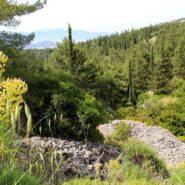
Dr. Giulia Friso will be your expert guide to all things botanical as you tour Athens, venture to Pelion, and explore Crete from the ground up. Humans have looked to nature for healing purposes since ancient times, but with ecosystems under increased threat, biodiversity is disappearing at an alarming rate. Every time a plant species becomes extinct, millions of years of evolution, and a potential pharmacological factory, is lost forever. This study tour will reveal the world of wonders and complexity of plant chemical compounds to uncover their potential for solutions to health, dietary and sustainable issues.

Investigate the links between food and health and dive into an exploration of past and current plant-based natural remedies used across the globe. As you experience ancient sites throughout the tour, consider the traditional medicine systems of indigenous people and how they perceive themselves to be “in relationship with” plants.
With an unusually rich flora that contains over 6,000 species of plants, Greece is the perfect place to stalk medicinal botanicals used in antiquity and learn about current applications, from medicine to cuisine, and more. Get a small taste of what’s in store for you by clicking on "Explore and learn" above to check out Dr. Friso’s virtual tour of medicinal plants in the Cornell Robison York State Herb Garden.
Dr. Giulia Friso obtained her B.Sc. in Biology and M.Sc. in Biology & Biochemistry and her Ph.D. in Biochemistry and Biophysics at the University of Padua (Italy). She was a graduate student and a postdoctoral fellow at the Department of Biochemistry at Imperial College, London (U.K.), and the Department of Pharmaceutical Chemistry at U.C.S.F. in San Francisco. She was also a research scientist at the pharmaceutical company AstraZeneca’s discovery unit in Stockholm (Sweden). Giulia joined the Plant Biology Department at Cornell University in 2001 and is currently a senior research associate and senior lecturer in the Plant Biology Section of the School of Integrative Plant Science.
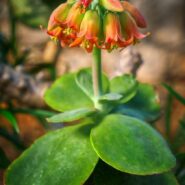
The science of ethnobotany presents a window into the interaction between humans, plants, and culture. As amateur ethnobotanists, learn how to interpret traditional knowledge related to questions such as: Where do medicines come from? What makes a plant medicinally potent? And is it only about the plant's properties, or is there more to the story? As we consider the differences between traditional and western medicine from an ethnobotanical perspective, we begin to travel deeper into the history, meanings, and culture of wellness.
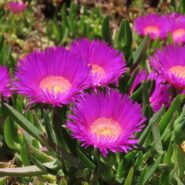
The presence of ancient medicinal plants abounds in myths and legends from Greece and elsewhere. Peeking into some of the earliest archeological evidence and written records of botanical medicine, as well as considering the lives and contexts of those who kept these records, we will trace the history of botanical drugs and derivatives isolated in the 1800s and 1900s.
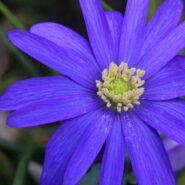
Various plant-based diets such as the Mediterranean diet, have been shown to reduce the risk of chronic diseases such as obesity, heart disease, cancer and diabetes. In this lecture we will explore the properties of different plant-based ingredients such as olive oil, spices and herbs. By the end of the lecture you will have a better understanding of why plants can be used for healing and which compounds are responsible for the plant bioactivity and medicinal properties.
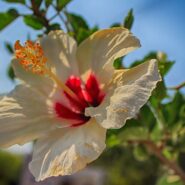
By learning more about pharmacological properties and toxicities; comparing how plants are consumed as food, herbal extracts, and dietary supplements; and considering how western medicines are used and regulated, gain a deeper appreciation and respect for the natural world, as well as a better understanding of the potential benefits and risks of plant-based medicine.
May 30 - June 9, 2024
To reserve your space, call CAU partner, Thalassa Journeys
Phone: 866-633-3611
March 26 - April 8, 2024
Odysseys Unlimited 888-370-6765
Exclusive to Cornell.
